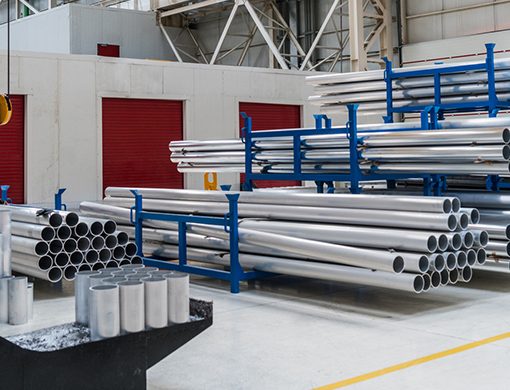
Overcome challenges
Moving beyond standard alloys helps satisfy strict requirements When specifying materials for a project, companies can choose from many different types of standard alloys. In some cases, though, they might need to develop a custom alloy in order to achieve the best-possible performance. Research is ongoing to create new, advanced alloys that can satisfy the…


